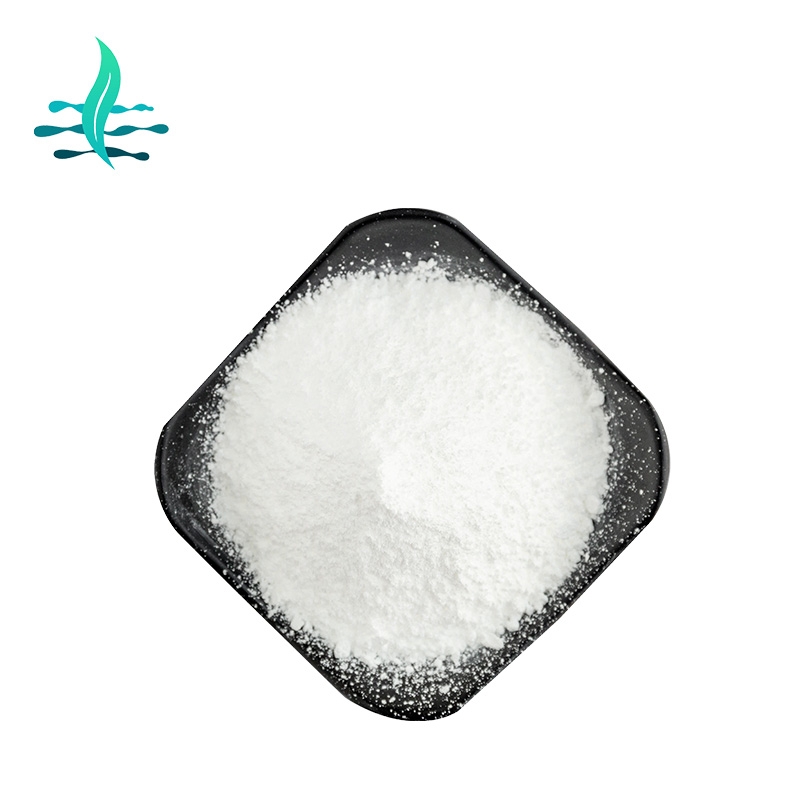Huntington's disease is associated with intestinal bacteri group disorders
-
Last Update: 2020-12-19
-
Source: Internet
-
Author: User
Search more information of high quality chemicals, good prices and reliable suppliers, visit
www.echemi.com
Australian researchers have found that mice with Huntington's disease have significantly different gut microbial compositions than healthy mice. This study provides preliminary evidence of a link between Huntington's disease and intestinal microbiome disorders, suggesting that gut microbes play an important role in brain disease.
Huntington's disease is a degenerative brain disease caused by chromosomal explicit inheritance, with symptoms such as dance movements and cognitive and behavioral disorders, and there is currently no cure.
Researchers at the University of Melbourne in Australia compared the gut microbes of healthy mice with Huntington's disease after genetic modification, and found that the gut microbiome composition of the mice was significantly different from that of healthy mice, with an increase in the number of psythons in the intestines when the mice reached 12 weeks of age, while the number of thick-walled bacteria declined proportionally. In addition, male mice had increased the diversity of gut microorganisms, but their intestinal function gradually failed, they ate more and did not gain much weight, and the initial symptoms of Huntington's disease showed up at this time.
previous studies have found changes in gut microbes in patients with Alzheimer's disease, Parkinson's disease, autism, depression, chronic fatigue syndrome, type 2 diabetes, and more. Researchers hope to develop new treatments by understanding the link between gut microbes and these diseases.
Anthony Hannan of the University of Melbourne, one of the authors of the paper, said the study was of direct clinical significance, given that the gut microbes in laboratory mice were similar to 20 microbes in the human gut.
results have been published in
american academic journals. (Source: Xinhua News Agency, Chen Yu)
This article is an English version of an article which is originally in the Chinese language on echemi.com and is provided for information purposes only.
This website makes no representation or warranty of any kind, either expressed or implied, as to the accuracy, completeness ownership or reliability of
the article or any translations thereof. If you have any concerns or complaints relating to the article, please send an email, providing a detailed
description of the concern or complaint, to
service@echemi.com. A staff member will contact you within 5 working days. Once verified, infringing content
will be removed immediately.






